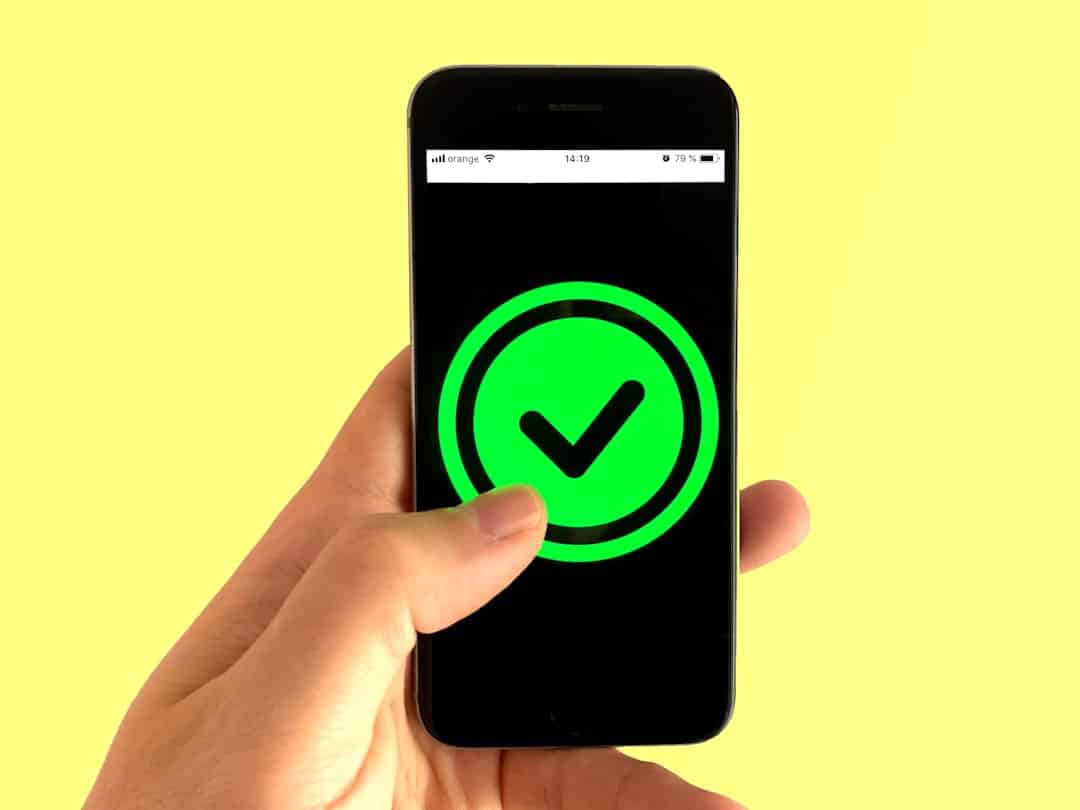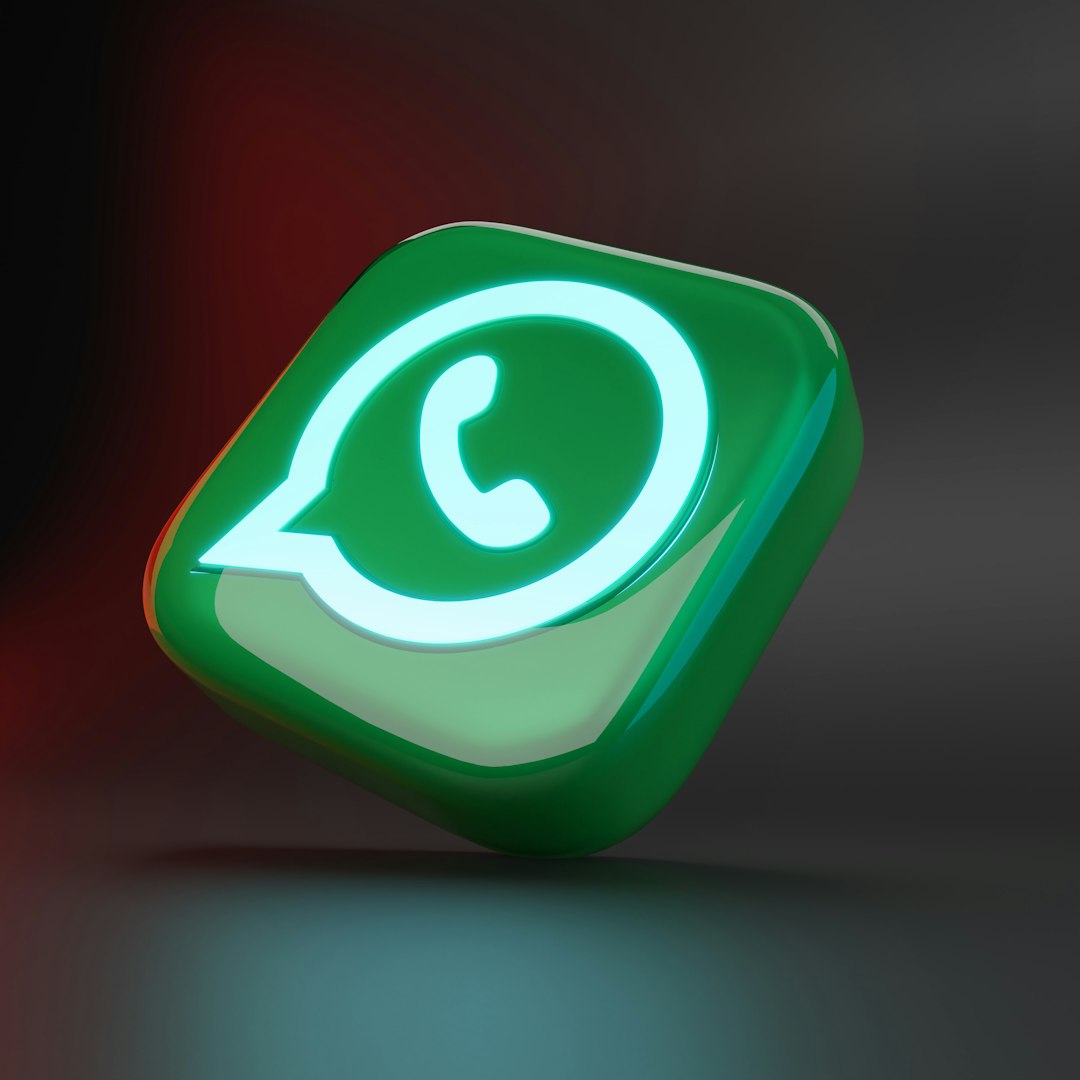In today’s fast-paced, hyper-connected digital world, engaging customers effectively requires more than just emails and social media ads. Consumers expect quick, personalized communication—and they want it via platforms they already use. That’s where WhatsApp integration steps in as a game-changing tool for marketing strategies.
WhatsApp, with over 2 billion active users worldwide, is no longer just a messaging app. It has evolved into a powerful business communication channel that can enhance customer service, drive engagement, and boost conversions. Smart marketers are tapping into this platform to create highly personalized, real-time interactions that result in genuine customer loyalty.
Contents
Why WhatsApp Is a Marketing Powerhouse
To understand why WhatsApp is crucial to your marketing strategy, consider the nature of customer behavior today. People crave instant communication, and they trust platforms that are secure, familiar, and easy to use. WhatsApp fits all of these requirements, and then some:
- High engagement rate: WhatsApp messages boast an average open rate of 98%—far exceeding that of traditional email marketing.
- Global reach: Whether your audience is in Asia, Europe, the Americas, or Africa, there’s a good chance they’re using WhatsApp already.
- Real-time communication: Deliver content, offers, and support instantly, keeping your audience engaged and satisfied.
- Secure and private: With end-to-end encryption, WhatsApp ensures customer data privacy, which enhances trust in your brand.
Integrating WhatsApp into your marketing strategy isn’t just trendy—it’s strategic.
Top Benefits of WhatsApp Marketing Integration
Now let’s dive deeper into the benefits that make WhatsApp integration such a transformational move for marketers.
1. Enhanced Customer Engagement
Unlike traditional marketing channels where messages often go unread, WhatsApp creates direct and personal communication. You can send product updates, promotions, or event reminders directly to users who are already familiar with the platform. This reduces friction and encourages immediate responses.
With rich media support, you can send images, videos, voice notes, PDFs, and even clickable buttons, making interactions more dynamic and appealing.

2. Personalized Marketing Campaigns
Personalization is at the heart of successful marketing campaigns, and WhatsApp thrives on one-to-one communication. With basic CRM integration, you can access user data to tailor messages according to preferences, past behavior, and demographics.
For instance, you can send birthday wishes with a discount coupon or follow up on an abandoned shopping cart with a helpful reminder. These thoughtful nudges can significantly increase the likelihood of conversion.
3. Seamless Customer Support
Providing timely, helpful support is integral to customer retention. WhatsApp allows you to offer real-time customer service, automated replies, quick FAQs, and even escalation to human agents when needed.
Customers appreciate having the ability to reach out to a business just as they would a friend. This kind of accessibility builds trust and long-term loyalty.
4. Better Conversion Rates
WhatsApp messages are not only opened more often—they also drive faster actions. The sense of immediacy and personalization makes users more likely to respond. Whether it’s clicking a link, redeeming a discount, or confirming an order, WhatsApp streamlines the path to conversion.
5. Cost-Effective Communication
Compared to traditional advertising methods, WhatsApp marketing can be remarkably budget-friendly. Since the platform is free for end-users, and even business API integrations come with scalable pricing, it’s a cost-effective way to maintain high engagement at a low cost.
Use Cases for WhatsApp Integration
Still wondering how exactly you can use WhatsApp in your marketing strategy? Here are some real-world examples that demonstrate its power:
- Abandoned cart reminders: Send friendly prompts to encourage customers to complete their purchases.
- Order confirmations and updates: Keep customers informed throughout their purchase journey.
- Lead nurturing: Use chatbot technology to qualify and convert leads directly through the chat interface.
- Broadcast promotions: Share time-sensitive deals, announcements, or flash sales to your subscriber list.
- Event notifications: Remind attendees about upcoming webinars, live events, or product launches.

Integration with Automation Tools
One of the most exciting aspects of WhatsApp integration is its compatibility with automation platforms like HubSpot, Zapier, Salesforce, and Shopify. This makes it easy to automate repetitive tasks, track campaign performance, and nurture leads without manual intervention.
For example, using a CRM linked to WhatsApp, you can set up workflows that send automated messages based on triggers such as a lead completing a form, clicking a link, or making a purchase. This keeps prospects engaged while freeing up your team for more strategic tasks.
Compliance and Opt-In: Essential Best Practices
While WhatsApp provides incredible marketing potential, it’s important to note that users must opt-in to receive marketing messages. This means you need to secure permission before initiating contact, ensuring compliance with data protection regulations like GDPR.
Best practices include:
- Collecting phone numbers via forms or your website with clear opt-in language.
- Offering value in exchange for subscription (e.g., discounts, early access, freebies).
- Allowing easy opt-out options at any stage of the conversation.
Following these practices not only ensures legal compliance but also builds transparency and trust with your audience.
Future Trends and Innovations
As technology evolves, so does WhatsApp’s potential in digital marketing. Future trends suggest:
- Integration with AI chatbots for hyper-personalized conversations at scale.
- Interactive commerce, enabling users to browse and purchase products directly within the chat.
- Improved analytics to measure message reach, click-throughs, and conversions more accurately.
- Voice-enabled interactions for easier communication through smart speakers and voice assistants.

Conclusion
Incorporating WhatsApp into your marketing strategy isn’t simply “keeping up”—it’s setting your brand up for sustainable success. As customers increasingly expect instant, friendly, and secure interactions, WhatsApp provides an ideal platform to meet these evolving demands.
By leveraging its real-time communication abilities, high engagement levels, and integration capabilities with automation tools, your business can deliver seamless, personalized interactions that drive real results.
So whether you’re a startup looking to build initial customer relationships or a large enterprise wanting to scale your customer engagement, WhatsApp integration can transform the way you communicate, convert, and grow.

